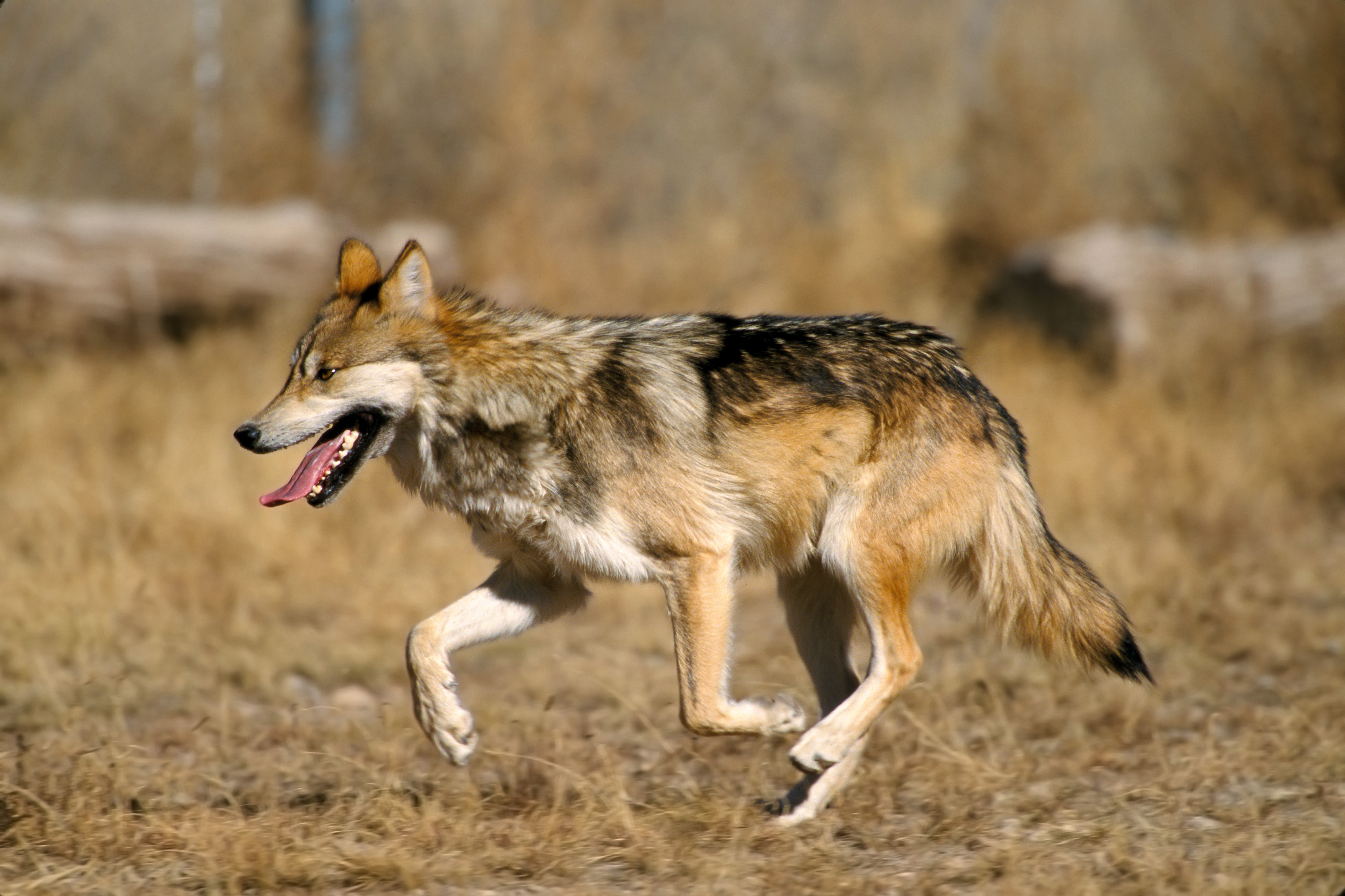Helicopters with sniper rifles, cyanide landmines, and poison bombs dropped from the sky: The practices of Wildlife Services sound more like those of a fringe branch of the military than a small-budgeted domestic agency buried deep in the Department of Agriculture. The stated mission of Wildlife Services is to provide “leadership and expertise to resolve wildlife conflicts to allow people and wildlife to coexist,” but Wildlife Services killed roughly 1.3 million animals in 2017. The actions of this agency, in practice, take a much more radical approach than their mission statement would suggest. While the Wildlife Services website lists four central operational activities: protecting agriculture, protecting natural resources, protecting property, and protecting health and human safety, they are most known for the millions of animals they kill each year. By prioritizing ranching over wildlife, Wildlife Services, a program intended to support ranchers, has come to represent contradictions in federal conservation policy.
Ranchers can employ Wildlife Services to exterminate predators who have killed livestock. The federal government splits the cost with the rancher. Wildlife Services is mostly called by western ranchers where wolves, foxes, coyotes, bears, and eagles are all capable of decimating a herd. At issue is not the rancher’s desire to protect his herd or flock, but rather the tactics of Wildlife Services in killing wildlife.
The practices of Wildlife Services create a strange paradox between EPA and Department of Fish and Wildlife (an entirely separate department from Wildlife Services that is mostly focused on conservation) policy and the aggressive tactics of Wildlife Services.
This paradox is best viewed through the case of the reintroduction of the wolf to the West.
Wolves which ranchers had hunted to extinction in the name of protecting livestock, were reintroduced by the Department of Fish and Wildlife in 1992 and classified endangered species. Ranchers, understandably, strongly opposed the reintroduction of wolves. For the next decade, wolf populations grew until the federal government removed them from the endangered species list. To this day, wolf population control remains one of the largest political issues in Idaho and Wyoming, where the species was first reintroduced. The wolves represent the tyrannies of “big government” and interference from “outsiders” in the practices of westerners.
While the Department of Fish and Wildlife reintroduced wolves to the West, Wildlife Services is employed to exterminate them. When wolf packs attack herds of livestock, ranchers can call Wildlife Services who will most often use helicopter hunting to eliminate a portion of the wolf pack. The reintroduction of wolves is not the only federal policy that Wildlife Services contradicts.
While killing wolves did not violate any policies, Wildlife Services has a long history of violating federal policies. Most notably, their use of the M44 Device for Predator Control, a device that sprays cyanide when stepped on, and a poison called compound 1080 is especially suspect. The M44 devices, which have killed household pets and once injured a 14 year-old boy, are less controversial than compound 1080. The poison, which has no antidote and is extremely potent, was banned by the EPA in 1972. It is so lethal that it is considered by many to be a national security threat and was even used by Saddam Hussein in chemical weapons development. In the early 1990s a federal investigation found that Wyoming had been distributing compound 1080 long after its ban. No investigation, however, displays the hostility between the Department of Fish and Wildlife and Wildlife Services more than the investigation of Jose Manterola, a rancher who allegedly used poison to kill a bald eagle. When the Department of Fish and Wildlife asked members of Wildlife Services for help in the investigation, trappers for Wildlife Services responded by stating that since Manterola was a “client” they could not aid the Department of Fish and Wildlife in their investigation. With their refusal to help, Wildlife Services, an arm of the federal government, hindered a federal investigation.
There are many effective methods of protecting livestock without using these extreme tactics or even killing wildlife. Loud sounds and bright flashing lights are often sufficient methods for scaring predators like wolves or coyotes away from livestock. Another effective tactic is “flagging” in which anchors set up fences around their livestock to scare away wolves. For Wildlife Services to continue to use these inhumane tactics is not only unethical, but also irresponsible. Killing animals that hunt in packs like wolves often stresses the pack causing them to be more aggressive and kill more livestock. For animals that hunt in isolation, killing an older animal can lead to the entry of younger more aggressive animals into that territory.
The manner in which Wildlife Services has carried out its mission of “allowing people and wildlife to coexist” is tremendously flawed. Wildlife Services should work to promote non-lethal measures of deterrence which will both spare the lives of animals and lead to a less stressed and aggressive ecosystem. While Wildlife Services does provide support for non-lethal measures of deterrence, they are under promoted and underutilized. Wildlife Services must shift to more humane practices and realign itself with federal conservation and environmental policy.
Photo: “Mexican Wolf 2”

The war on wild life the natural chain is s both agrevious and abhorent and will not make things better to the contrary will cause catstrophic results and destruction of all life leading to major unprecidented results. . It is imoral irresponsible barbaric mass murder and unecessary and in no way conservation. Do ur job and stop this wanton destruction for greed and ignorance. And stop this abuse and cruelty. We need these creatures that Gid placed here in his wise council for the benefit of all life and its continnuence. They are no threat to billionsof free grazing cattle that have replaced elk and deer . to be stock piled. Stop playing God.